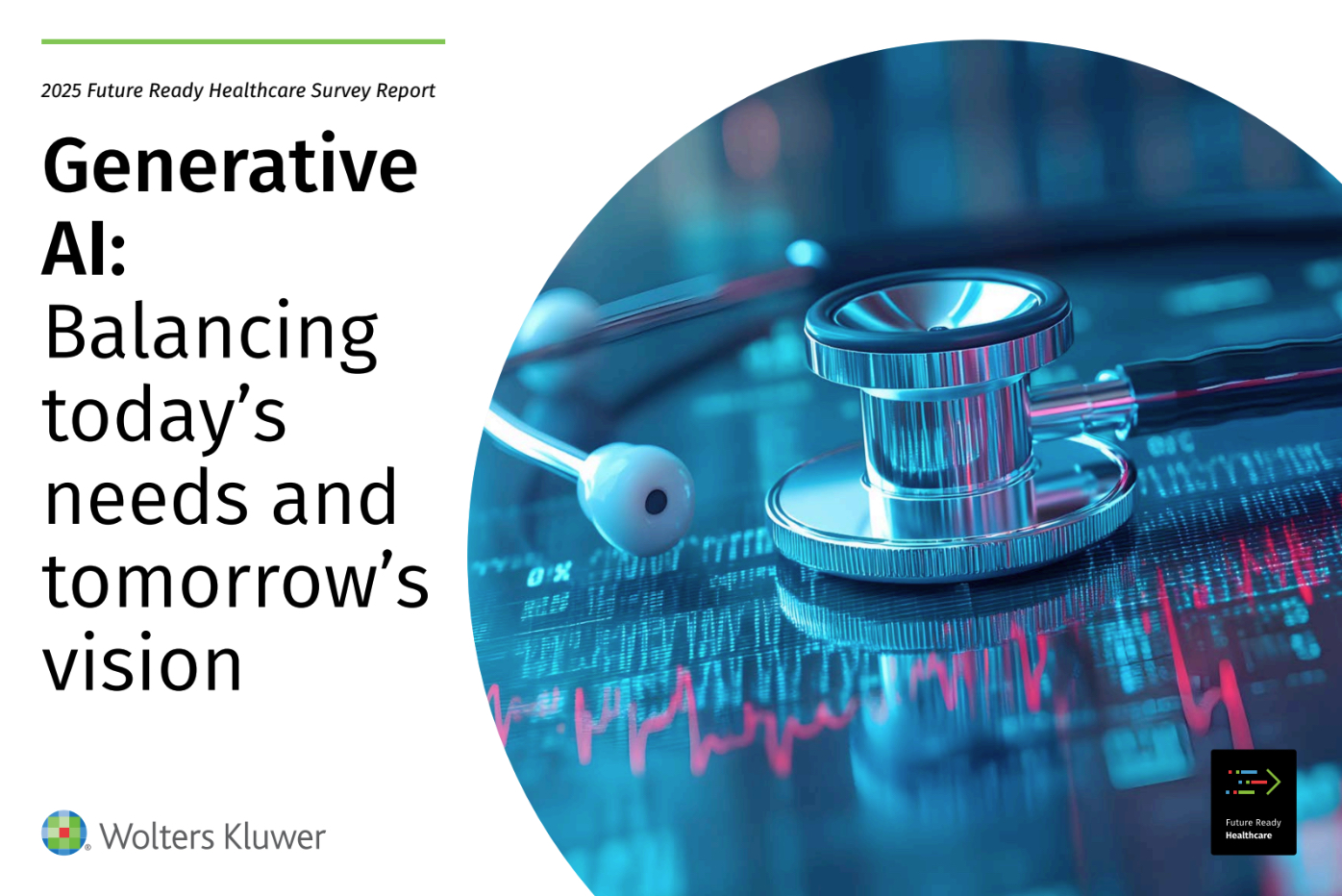
What You Should Know:
– While healthcare professionals widely recognize the transformative potential of generative AI (GenAI), most healthcare organizations are not yet adequately prepared to harness its full value, according to the new “2025 Future Ready Healthcare Survey Report” from Wolters Kluwer Health.
– The survey, conducted in early 2025 with the independent research firm Ipsos, identifies strong enthusiasm for using GenAI to address pressing challenges like workforce shortages, clinician burnout, high costs, and administrative burdens. However, it also uncovers a significant disconnect between these aspirations and current organizational preparedness.
The GenAI Enthusiasm Meets a Preparedness Gap
The report, based on responses from 312 U.S. healthcare professionals including physicians, nurses, pharmacists, administrators, and allied health professionals, found that while the desire to implement GenAI is strong, readiness to do so effectively often falls short. For instance, 80% of respondents cited “optimizing workflows within departments and across practices” as a top organizational priority, yet only 63% felt their organizations were prepared to use GenAI for this purpose. Similarly, while 85% of nurses believe recruiting and retaining nursing staff is crucial, only 57% are confident in their organization’s readiness to use GenAI to develop nursing talent.
“GenAI has the potential to be a powerful tool for supporting sustainability in healthcare organizations right now, as well as preparing them for a more efficient future,” said Greg Samios, CEO of Wolters Kluwer Health. “The challenge is developing a strategy that can both optimize the current state in a highly volatile environment and simultaneously equip organizations with the digital capabilities they need to remain competitive over the next several years. Right now, organizations are at risk of falling behind unless they take a more cohesive approach to making GenAI standardized, scalable, and impactful”.
Workforce Stability and Administrative Efficiency Top GenAI Priorities
The survey revealed that healthcare organizations are primarily focused on using GenAI tools to cope with immediate pressures on financial and clinical sustainability, particularly deepening workforce shortages. Staffing concerns are paramount, with 85% of respondents citing “recruiting/retaining nursing staff” as a top priority and 76% identifying “reducing clinician burnout” as a main concern. This is unsurprising given predictions of significant nursing departures and rising hospital labor costs, which account for nearly 60% of the average hospital’s expenses and are considered the top financial pressure by 68% of respondents.
Leaders are looking to GenAI to alleviate longstanding administrative burdens, such as prior authorizations (67% see GenAI as part of the solution) and EHR management (62%).
Beyond Efficiency: Clinicians Envision Next-Level GenAI Applications
While immediate operational pressures are a clear focus, clinical staff also express a desire for GenAI to elevate their work beyond mere efficiency gains. There is keen interest in innovative capabilities like ambient listening in clinical settings to automate documentation (41% interested) and leveraging GenAI for advanced clinical decision support (CDS) (56% interested).
Navigating Risks and the Critical Absence of Formal Policies
Despite the enthusiasm, concerns about appropriate GenAI implementation persist. More than half (57%) of professionals surveyed believe that overreliance on GenAI may erode clinical decision-making skills, with pharmacists and allied health professionals expressing the highest concern (74%). Data privacy and security (56%), potential bias introduced through model training (55%), and lack of transparency in GenAI’s diagnostic reasoning (55%) are also significant worries.
Compounding these concerns is a scarcity of formal guidance. Only 18% of respondents reported being aware of published organizational policies for authorized GenAI use, and a similar number (20%) said their organizations require staff to undergo formal training on the technology. This indicates a pressing opportunity for leadership to establish and communicate clear guidelines.
The survey also revealed a disparity in GenAI adoption: 51% use GenAI at least weekly in their personal lives, but only 42% use it as frequently at work, with 40% reporting never having used it professionally.
Forging a Strategic Path for GenAI Success
To effectively integrate GenAI, Wolters Kluwer experts advise a strategic and methodical approach. “To successfully integrate GenAI, organizations must recognize its current limitations, as well as anticipate its realistic evolution and the regulatory landscape,” said Dr. Peter Bonis, Chief Medical Officer, Wolters Kluwer Health. “It is also vital to select GenAI applications that align with both clinical and financial goals while fitting into existing workflows. Establishing robust and ongoing governance will be essential to succeed”.
